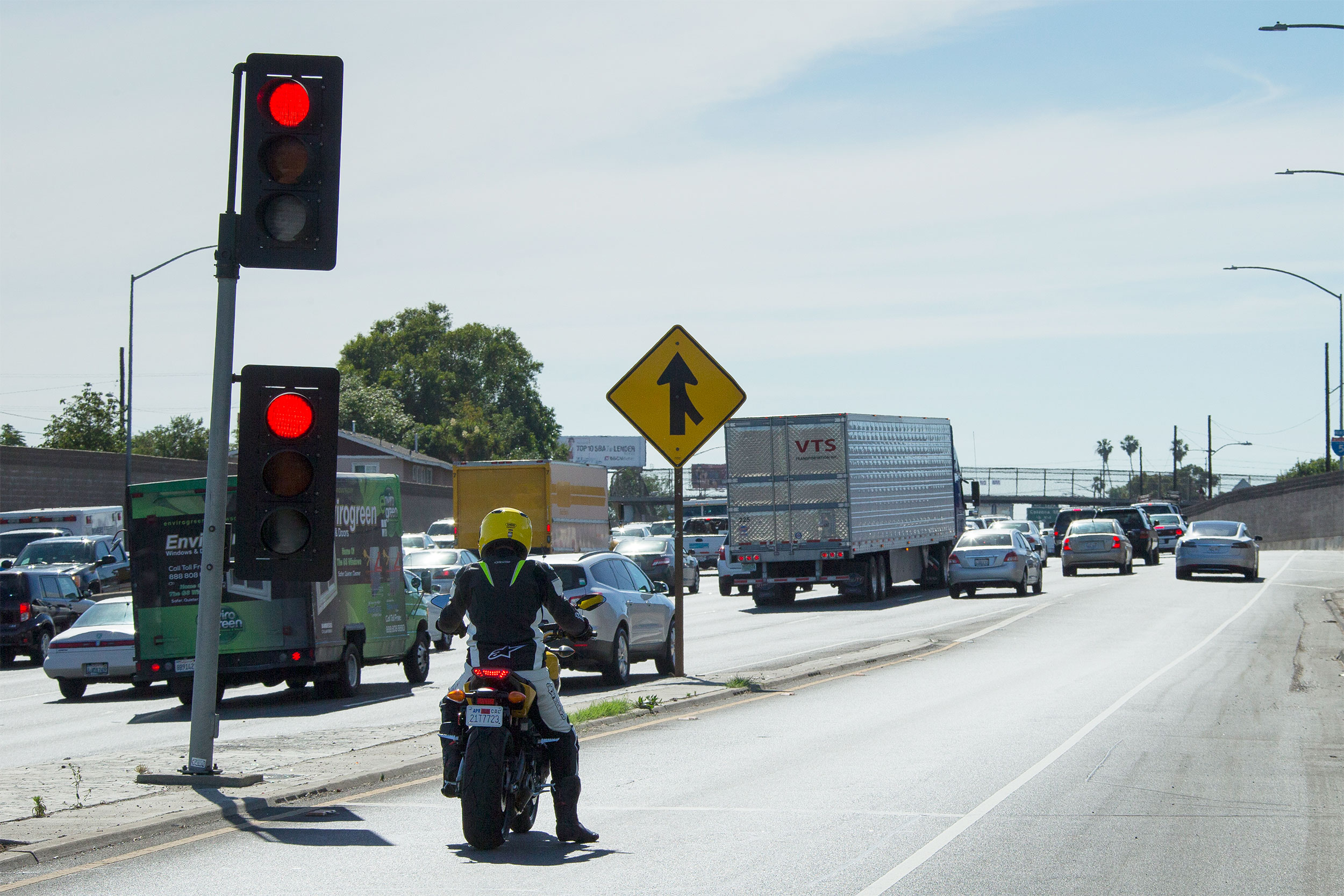American Motorcyclist June 2018
Ask The MSF
Avoiding Overconfidence
 Q: I’ve taken the Basic RiderCourse. How do I avoid overconfidence when I head for the street?
Q: I’ve taken the Basic RiderCourse. How do I avoid overconfidence when I head for the street?
A: First, congratulations for starting the right way by taking a formal rider training course.
You may recall from the Basic RiderCourse classroom session that three types of safety margins apply to motorcycling: rider and motorcycle, tires and pavement, and time and space. To maintain those margins, a rider must know both his/her and the motorcycle’s limitations and then stay comfortably within them. That awareness comes from experience and from active assessment of the factors involved.
When you make choices based on known factors and include a margin for error, healthy confidence in your riding ability is the natural result.
Overconfidence is the result of believing your skills are greater than they actually are and can be the result of not taking the time to honestly self-assess and evaluate the consequences of your choices.
It is a natural human tendency to overestimate our own abilities. In the field of psychology, it is known as the Dunning-Kruger effect. For example, surveys have shown that 93 percent of all car drivers believe they are better than the average car driver. That’s statistically impossible.
To avoid overconfidence, first, take your time and plan ahead. It is your choice what level of challenge you take on.
Practice the basic skills you learned in class on your own bike. Find a local parking lot in which to build your confidence with quick stops and swerves. Choose less complicated quiet streets for early rides and let your confidence grow naturally before exploring more complicated traffic and higher speeds. Avoid peer pressure. If you ride with others, ride your own ride and make your own choices.
Other riders with greater skill might make choices that for them will maintain an adequate margin of safety, but for you would pose an unreasonable risk.
Lack of confidence can be hazardous, as well. Indecision can allow safety margins to shrink beyond any degree of protection. And your riding behavior needs to be predictable so other motorists will not be confused or misdirected by your actions.
Be open to feedback from others and keep learning. Avail yourself of MSF’s CORE Curricula, a set of courses, including an on-street course, that builds upon the Basic RiderCourse and helps riders achieve finer skills and increased capabilities for awareness, judgment and risk-management.
Consider taking a track school, an appropriate venue for exploring your and your bike’s limits.
Read books on motorcycling, such as The Motorcycle Safety Foundation’s Guide to Motorcycling Excellence.
Make good choices, including wearing appropriate riding gear, inspecting your motorcycle before each ride, and maintaining 360-degree awareness.
As your knowledge, experience and skills grow, your confidence will grow, and you will be on the path to becoming the best rider you can be.
